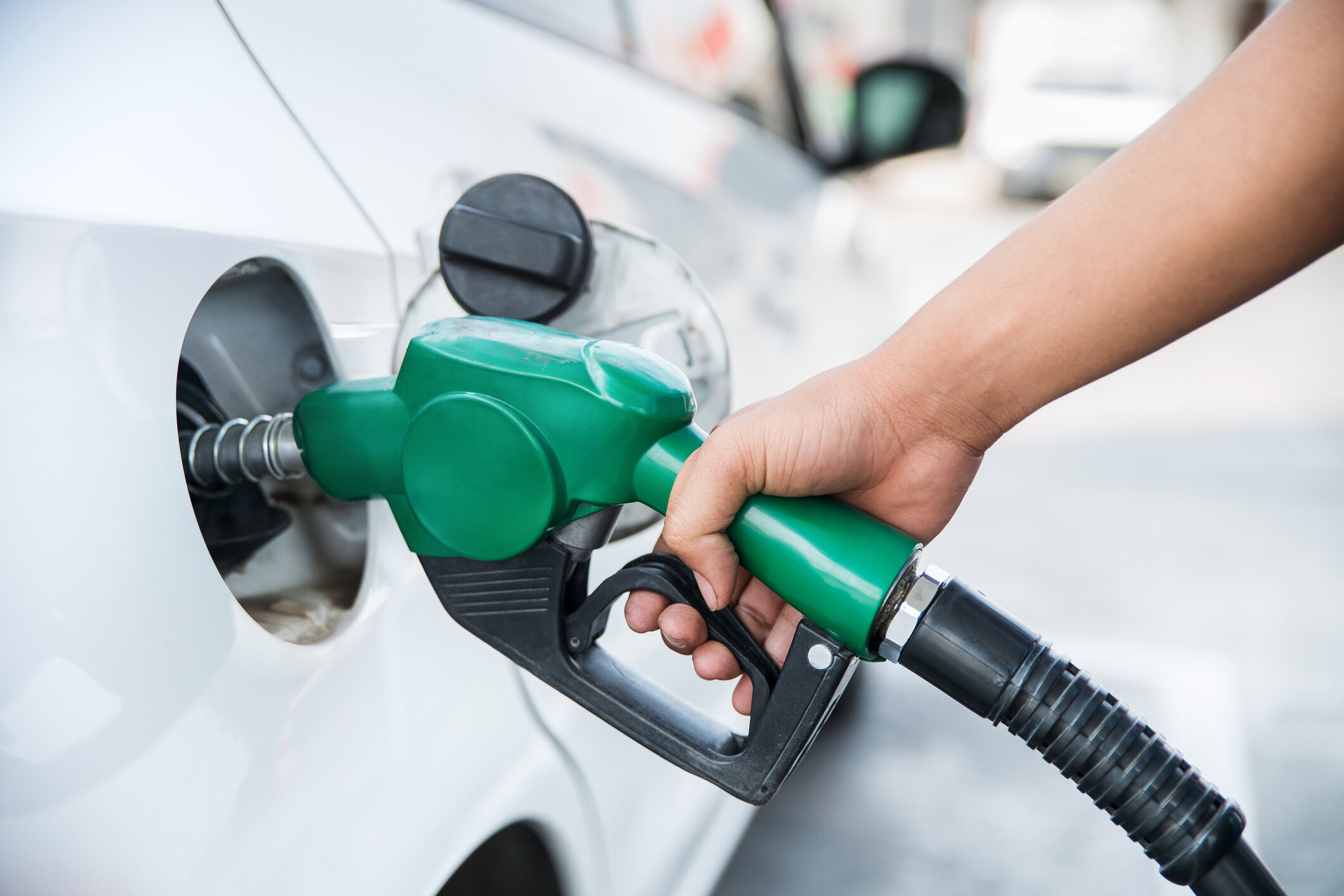
Fuel efficiency is a hot topic these days, especially with gas prices constantly fluctuating. But what exactly makes a car fuel-efficient? Fuel efficiency refers to how far a vehicle can travel on a specific amount of fuel. It's measured in miles per gallon (MPG) or liters per 100 kilometers (L/100 km). The higher the MPG, the more efficient the car. Factors like engine type, weight, aerodynamics, and even tire pressure can impact a vehicle's fuel efficiency. Understanding these elements can help you make smarter choices when buying a car or maintaining your current one. Ready to dive into some fuel efficiency facts? Let's get started!
Understanding Fuel Efficiency
Fuel efficiency is a hot topic, especially with rising fuel costs and environmental concerns. Knowing more about it can help save money and reduce carbon footprints. Here are some interesting facts about fuel efficiency.
-
Fuel efficiency measures how far a vehicle can travel on a specific amount of fuel. It's usually expressed in miles per gallon (MPG) or liters per 100 kilometers (L/100 km).
-
Aerodynamics plays a crucial role in fuel efficiency. Vehicles designed with sleek shapes reduce air resistance, allowing them to move more efficiently.
-
Tire pressure affects fuel efficiency. Under-inflated tires create more rolling resistance, causing the engine to work harder and consume more fuel.
-
Driving habits impact fuel efficiency. Aggressive driving, such as rapid acceleration and braking, can lower gas mileage by up to 33% on highways.
-
Cruise control can improve fuel efficiency. Maintaining a constant speed on highways helps save fuel by reducing unnecessary acceleration and deceleration.
Technological Advances
Modern technology has brought significant improvements in fuel efficiency. Innovations in engine design, materials, and electronics have made vehicles more efficient than ever.
-
Hybrid vehicles combine gasoline engines with electric motors. This combination allows for better fuel efficiency, especially in city driving conditions.
-
Start-stop systems save fuel by shutting off the engine when the vehicle is idling. This technology is particularly useful in heavy traffic or at stoplights.
-
Turbocharging increases engine efficiency. By forcing more air into the engine, turbochargers allow for more complete combustion, improving fuel economy.
-
Lightweight materials like aluminum and carbon fiber reduce vehicle weight. Lighter vehicles require less energy to move, enhancing fuel efficiency.
-
Direct fuel injection improves fuel efficiency. This system delivers fuel directly into the combustion chamber, allowing for more precise control and better fuel economy.
Environmental Impact
Fuel efficiency isn't just about saving money; it's also about protecting the environment. Efficient vehicles produce fewer emissions, contributing to cleaner air and a healthier planet.
-
Higher fuel efficiency means lower carbon dioxide emissions. Reducing CO2 emissions helps combat climate change.
-
Fuel-efficient vehicles produce fewer pollutants. This includes nitrogen oxides and particulate matter, which can harm human health and the environment.
-
Electric vehicles (EVs) have zero tailpipe emissions. While they still require energy to charge, EVs are generally more environmentally friendly than traditional gasoline-powered cars.
-
Biofuels can improve fuel efficiency and reduce emissions. Made from renewable resources like corn or algae, biofuels are a cleaner alternative to fossil fuels.
-
Carpooling and public transportation enhance fuel efficiency. By reducing the number of vehicles on the road, these practices lower overall fuel consumption and emissions.
Practical Tips for Drivers
Everyday drivers can take simple steps to improve their vehicle's fuel efficiency. Small changes in behavior and maintenance can lead to significant savings.
-
Regular maintenance keeps engines running efficiently. This includes oil changes, air filter replacements, and spark plug checks.
-
Removing excess weight from the vehicle improves fuel efficiency. Carrying unnecessary items in the trunk or back seat can reduce gas mileage.
-
Using the correct grade of motor oil enhances fuel efficiency. Check the owner's manual for the recommended oil type.
-
Avoiding excessive idling saves fuel. If parked for more than a minute, it's more efficient to turn off the engine.
-
Planning routes can improve fuel efficiency. Combining errands into one trip and avoiding heavy traffic areas can save time and fuel.
-
Using air conditioning sparingly can save fuel. AC systems put extra load on the engine, reducing fuel economy.
-
Driving at moderate speeds improves fuel efficiency. Most vehicles achieve optimal fuel economy between 45-60 mph.
Final Thoughts on Fuel Efficiency
Fuel efficiency isn't just about saving money at the pump. It's also about reducing our carbon footprint and making smarter choices for the environment. By understanding the factors that affect fuel efficiency, like driving habits, vehicle maintenance, and even the type of fuel used, we can all contribute to a greener planet. Simple changes, such as regular maintenance and mindful driving, can make a big difference. Remember, every little bit helps. Whether you're driving a hybrid, an electric vehicle, or a traditional gas-powered car, being aware of these facts can lead to more informed decisions. So next time you hit the road, think about how you can drive more efficiently. It benefits not just your wallet but the world around us. Fuel efficiency is a win-win for everyone.
Was this page helpful?
Our commitment to delivering trustworthy and engaging content is at the heart of what we do. Each fact on our site is contributed by real users like you, bringing a wealth of diverse insights and information. To ensure the highest standards of accuracy and reliability, our dedicated editors meticulously review each submission. This process guarantees that the facts we share are not only fascinating but also credible. Trust in our commitment to quality and authenticity as you explore and learn with us.


